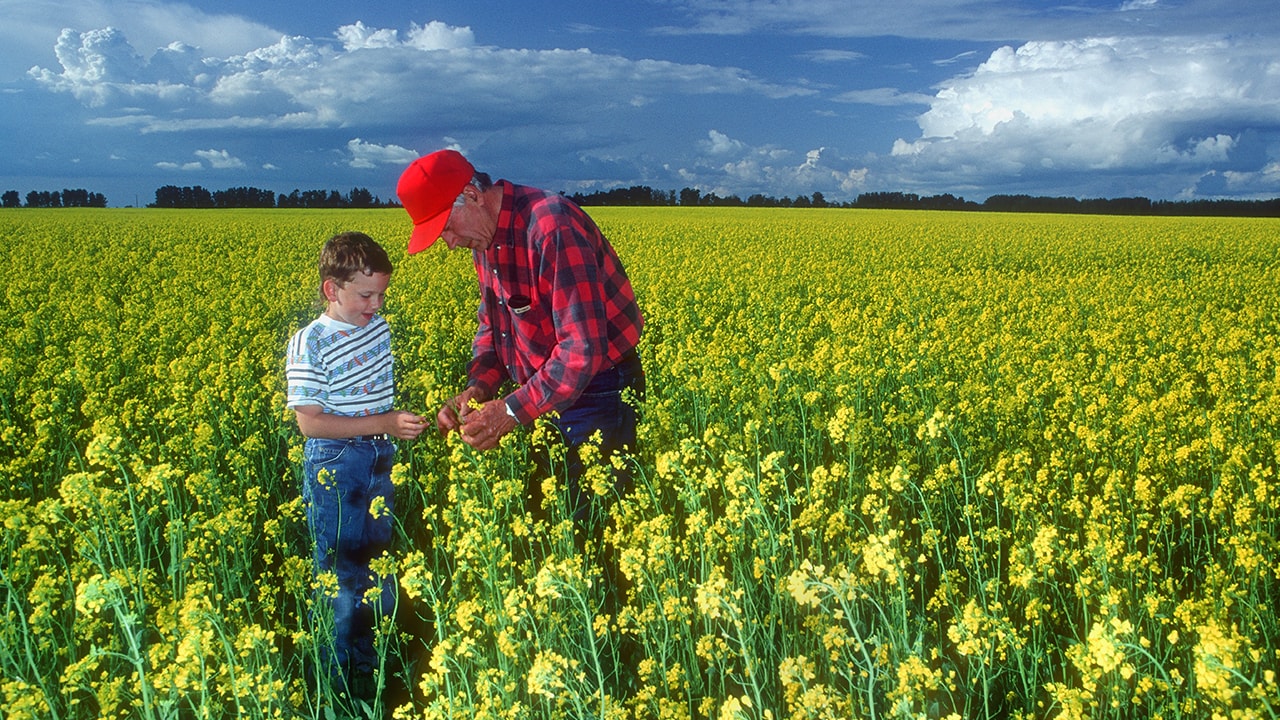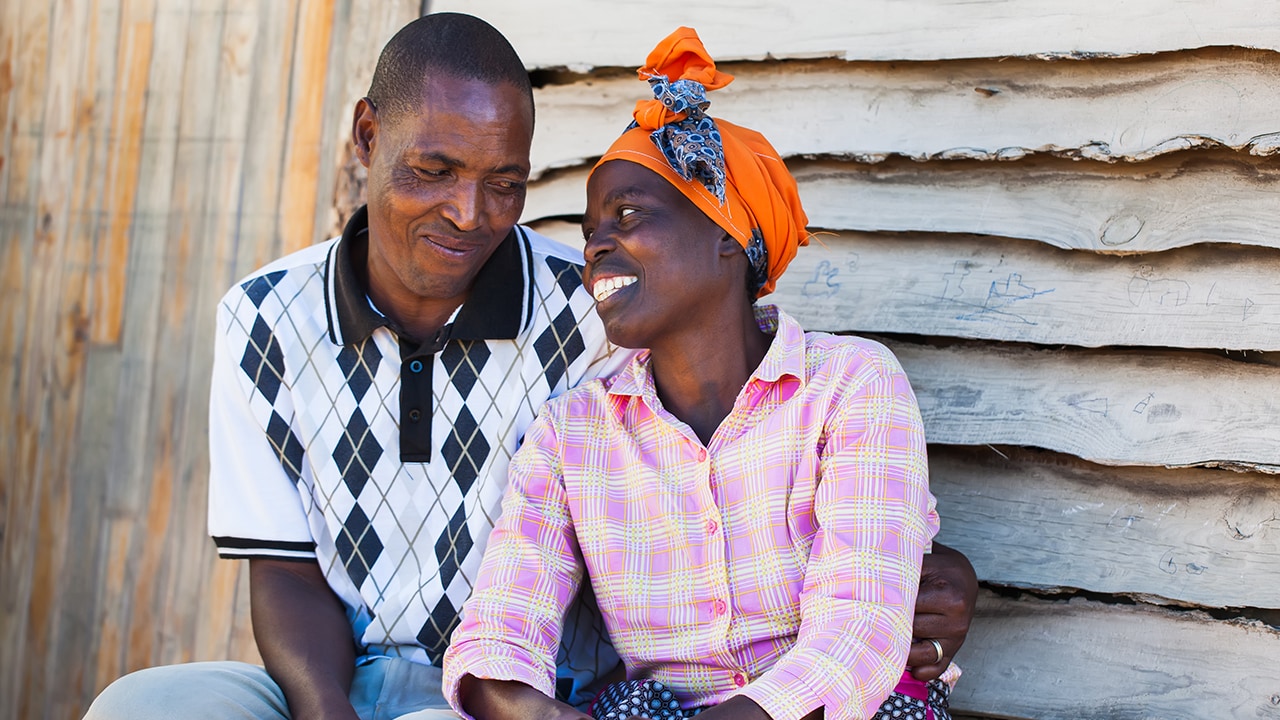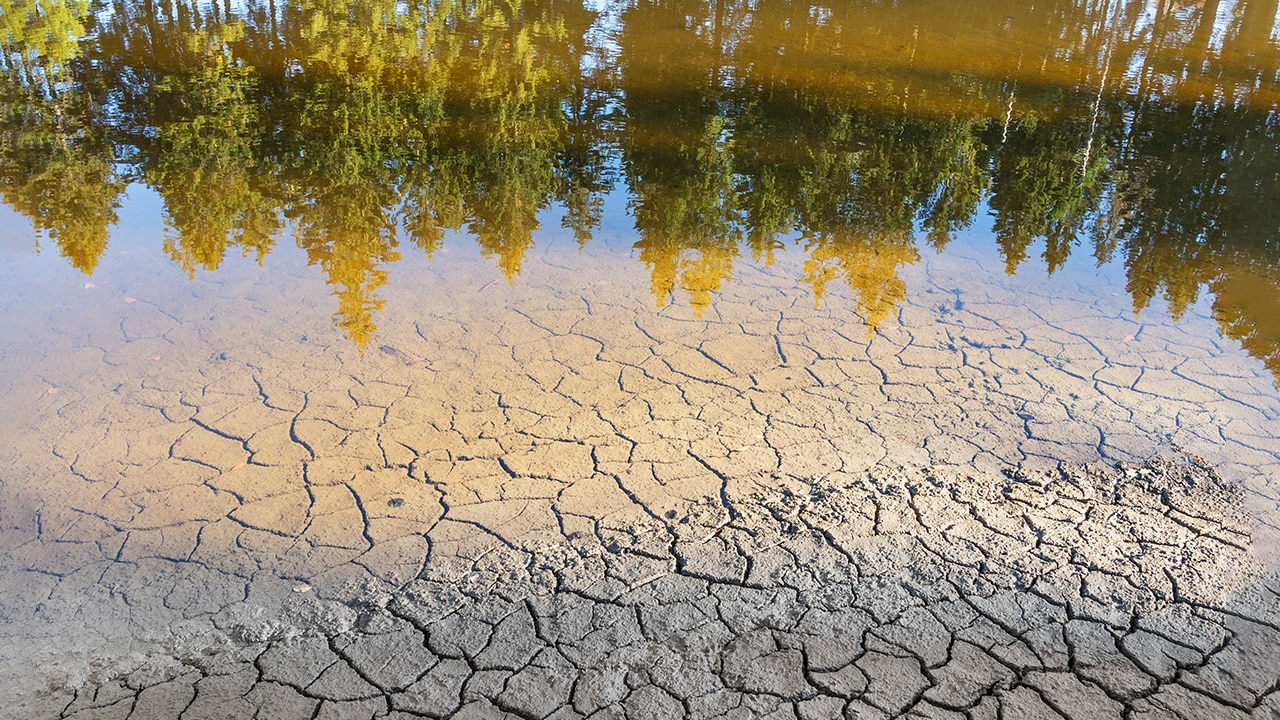Economic Growth and Sustainability Go Hand in Hand

- At a Glance
- Reporting and Transparency
- ESG Ratings and Rankings
- Environment
- Social
-
Governance
- Sustainability in the Supervisory board
- Bayer Sustainability Council
- Bioethics Council
- UN Global Compact
- Product Stewardship
- Supplier Management
- Group Regulations
-
Group Positions
- BASE
- Bioethical Principles
- Protection of Biodiversity
- Position on Global Product Strategy
- Position on Responsible Care
- Position on Deforestation and Forest Degradation
- Position on Insect Decline
- Raising the Bar on Crop Protection Safety Standards
- UN Sustainable Development Goals
- Position on Sustainable Beef Production
Sustainability – part of our corporate strategy
A growing and aging world population and the increasing burden on ecosystems are among the biggest challenges humanity is facing. As the world’s leading healthcare and nutrition company, Bayer can contribute more than any other enterprise to solving these global challenges through its businesses: with our activities and our products, we help to sustainably improve farming and access to nutrition and healthcare – and thus people’s lives.. At the same time, we are reducing our own ecological footprint and that of the agricultural industry.
Basis of our strategic and normative compass
For us, sustainability means more than just corporate responsibility – it safeguards Bayer’s future growth. Sustainability is therefore an essential component of our corporate strategy, our business activities, our corporate values and the way in which we operate our businesses. Sustainability is at the center of our corporate mission “Health for all, hunger for none” and comprises the following three core elements for all divisions:
- Inclusive growth and value added for society
- Reduction of our ecological footprint
- Responsible business practices along our value chain
We deploy our innovation power to develop sustainable solutions for the pressing problems of our time. For example, we have established sustainability criteria in our own research and development. Furthermore, we invest in disruptive life science technologies with our Leaps by Bayer unit and promote social innovations with our foundations.
Contribution to the Sustainable Development Goals
Our strategy is aligned to the global Sustainable Development Goals (SDGs) of the United Nations, the attainment of which is targeted for 2030.
The global community lags behind the goals in many areas, which is why the contributions of corporations are all the more important. We can have a significant impact owing to our portfolio, our global reach and our innovation power. In this context, we support particularly those Sustainable Development Goals where there is a pressing need to act and where we can make the greatest contributions through our businesses and their sustainable transformation.
Agriculture
 In the area of agriculture and nutrition, our innovative products and services help to better feed a growing world population and end hunger (> SDG 2). We are targeting inclusive growth in low- and middle-income countries (LMICs). As farming is often the only source of income in LMICs, we also help fight poverty through our engagement with smallholder farmers (> SDG 1).
In the area of agriculture and nutrition, our innovative products and services help to better feed a growing world population and end hunger (> SDG 2). We are targeting inclusive growth in low- and middle-income countries (LMICs). As farming is often the only source of income in LMICs, we also help fight poverty through our engagement with smallholder farmers (> SDG 1).
Through innovative solutions that promote sustainable, low-emission and resilient farming, we help to protect the climate, the environment and biodiversity (SDGs 13, 15). We also want to reduce the consumption of water resources (> SDG 6) in agriculture in the future.
Healthcare
 In healthcare, we help to prevent and treat diseases through the businesses of our Pharmaceuticals and Consumer Health divisions. We reach people all over the world with our products and solutions. We align ourselves here also to the needs of people in LMICs, for whom we make existing products and services accessible and affordable. We systematically advance innovations and increase the resilience of our production and supply chains. In this way, we help to improve people’s health and well-being (> SDG 3).
In healthcare, we help to prevent and treat diseases through the businesses of our Pharmaceuticals and Consumer Health divisions. We reach people all over the world with our products and solutions. We align ourselves here also to the needs of people in LMICs, for whom we make existing products and services accessible and affordable. We systematically advance innovations and increase the resilience of our production and supply chains. In this way, we help to improve people’s health and well-being (> SDG 3).
Climate protection and improved resilience
 Our decarbonization goals are in line with the Paris Climate Agreement. To achieve them, we implement extensive measures to fight climate change and its effects (> SDG 13). For example, we are reducing our own greenhouse gas emissions (Scope 1 & 2) and greenhouse gas emissions along our value chain (Scope 3). Our reduction goals were confirmed by the Science Based Targets initiative (SBTi). Furthermore, we endeavor to achieve a net zero greenhouse gas emissions target throughout our value chain by 2050. Our climate strategy comprises far-reaching measures.
Our decarbonization goals are in line with the Paris Climate Agreement. To achieve them, we implement extensive measures to fight climate change and its effects (> SDG 13). For example, we are reducing our own greenhouse gas emissions (Scope 1 & 2) and greenhouse gas emissions along our value chain (Scope 3). Our reduction goals were confirmed by the Science Based Targets initiative (SBTi). Furthermore, we endeavor to achieve a net zero greenhouse gas emissions target throughout our value chain by 2050. Our climate strategy comprises far-reaching measures.
We also help to increase Bayer’s own resilience and that of our customers against the effects of climate change. In addition, we develop transformative solutions that enable agriculture to emit fewer greenhouse gases and instead help to capture CO2. This makes agriculture an important enabler in the fight against climate change.
The world is facing a worsening water crisis – how can we tackle them? - Stuart Orr
Health for All. Hunger for None – How can we shape the future of agriculture - Urs Niggl
How do we secure global nutrition? How do we secure the World’s Food Supply? - Ertharin Cousin
Save the rainforests and the climate - Eron Bloomgarden
Is Social-Ecological Transformation a Solution for Climate Change? Johannes Wallacher
Water & Climate in Conversation – is our world running into a water crisis // part 1 János Áder, Howard Bamsey, Hannele Pokka and Petteri Taalas
Water & Climate in Conversation – is our world running into a water crisis // part 2 Lindsey Aldaco-Manner, Marie-Claire Graf and Matthias Berninger
Biodiversity loss as part of the "triple crisis" Prof. Dr. Josef Settele and Matthias Berninger
Investing for a more sustainable world? Janne Werning and Matthias Berninger
What climate change really means. Live talk with Prof. Dr. Friederike Otto and Matthias Berninger
Can we trust Science? Naomi Oreskes and Matthias Berninger:
Are our forests dying? André Guimaraes and Matthias Berninger:
Financing Innovative Agriculture: John Dombrosky (Oerth Bio), Adam Struve (International Finance Corporation), Juergen Eckart (Leaps by Bayer), Helga Flores-Trejo (Bayer), Holger Kray (World Bank):
How can we respect planetary boundaries? Johan Rockström and Matthias Berninger:
How to save our planet? Discussion on Earth Overshoot Day with Saskia Bruysten (Yunus Social Business) and Matthias Berninger:
Locusts – a global threat to food and people: Keith Cressman (FAO), Holger Kray (World Bank), Balwinder Singh Kang (Farmer), Jimmy Kiberu (Bayer):









